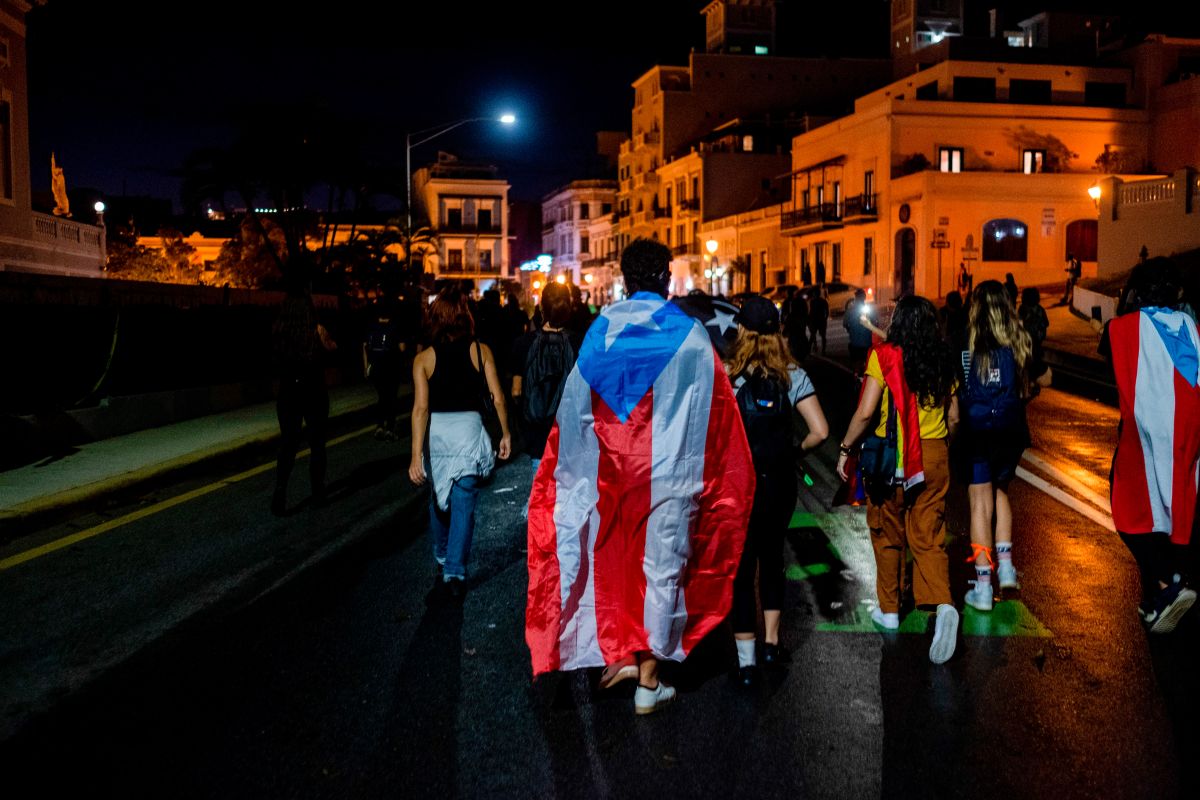After five years of haggling, debate and protest, Chief Judge Laura Taylor Swain of the United States District Court for the Southern District of New York finally approved a debt restructuring agreement for Puerto Rico in January.
The Fiscal Board (FOMB) reduced the total obligations of the government of Puerto Rico from $ billions to $7.4 billion, according to the NY Times.
“Today, Puerto Rico can begin to move from fiscal instability and insolvency to a future of opportunity and growth,” said the Board in an official statement
But this still leaves the root cause of many of the fiscal problems and Island disaster recovery unresolved. As a territory, Puerto Rico’s 3.2 million US citizens are subject to the plenary powers of Congress, but cannot vote for the president and are not represented in the US House or Senate
“It is obvious that Puerto Rico’s subordinate political status, some would say colonial, has been an obstacle to the recovery process,” said Sergio Marxuach, of the nonpartisan Center for a New Economy in San Juan.
This disenfranchised status allowed Congress to pass legislation creating a fiscal control to oversee government finances. It also allows the federal government to discriminate against Puerto Rico when allocating funds for Medicare, Medicaid and Nutrition Assistance.
Natalie Jaresko , executive director of the FOMB, said that Puerto Ricans are justified in feeling resentful about the imposition of a control board.
“Congress could not have imposed a supervisory board on a state”, Jaresko wrote in The Wall Street Journal.
There is disagreement over what the permanent status of the Island’s relationship should be. But island residents have expressed some preferences during locally sponsored status consultations in 2012, 2017 and 2020.
On 2012, they were asked if they wanted to continue living under the current form of territorial status. He said no. In 2020, 53% of island residents chose the statehood option confirming similar votes in 2012 and 2017.
“It is Congress is unlikely to step in to make a status determination until PR gets its financial house back in order,” Jaresko said. “And the debt load was one of the biggest obstacles; that obstacle has now been removed.”
In recent years, some members of Congress have resisted resolving Puerto Rico’s status until the disputed debt was settled. Now that Judge Swain has approved the restructuring agreement, the last hurdle to permanently resolving the status issue has been removed.
Gene Roman is a journalist based in The Bronx.
